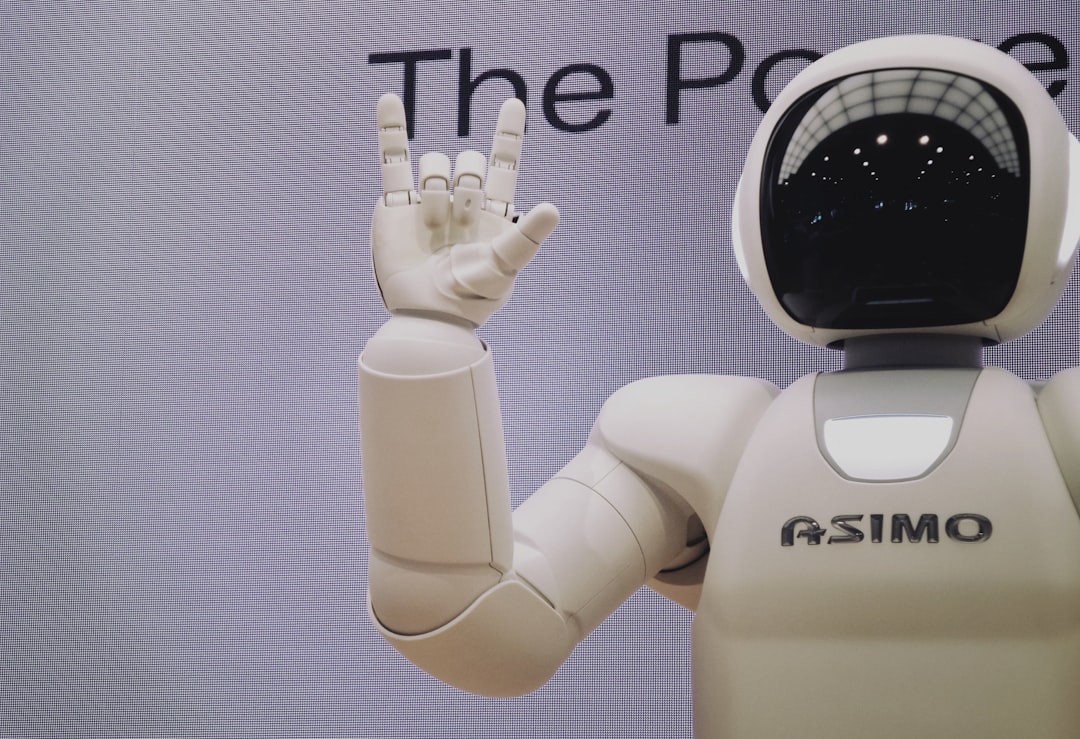What is it about?
Ehrlich's book discusses the increasingly dominant role of animation both in games & data visualization and in documentaries. I appreciate her insights about the former, and have serious problems with her views on (animated) documentary.
Featured Image

Photo by Senad Palic on Unsplash
Why is it important?
Animation is no longer a medium primarily suitable for kids -- if it ever was. Animation is a major medium in both fictional and non--fictional contexts. Its role in non-fiction contexts, specifically, needs to be carefully evaluated as, by definition, animation has no direct visual link to a pro-filmic reality. So can it nonetheless make reliable claims about reality --- and if so, how?
Perspectives
My main worry about the book is its author's seemingly unproblematic use of the concept of "post-truth" in the context of documentary. As somebody teaching and writing on documentary -- and as a citizen of the world -- I cannot accept this concept, which I consider a threat to civilized society.
Dr Charles Forceville
Universiteit van Amsterdam
Read the Original
This page is a summary of: Animating Truth: Documentary and Visual Culture in the 21st Century, Leonardo, January 2022, The MIT Press,
DOI: 10.1162/leon_r_02170.
You can read the full text:
Contributors
The following have contributed to this page










